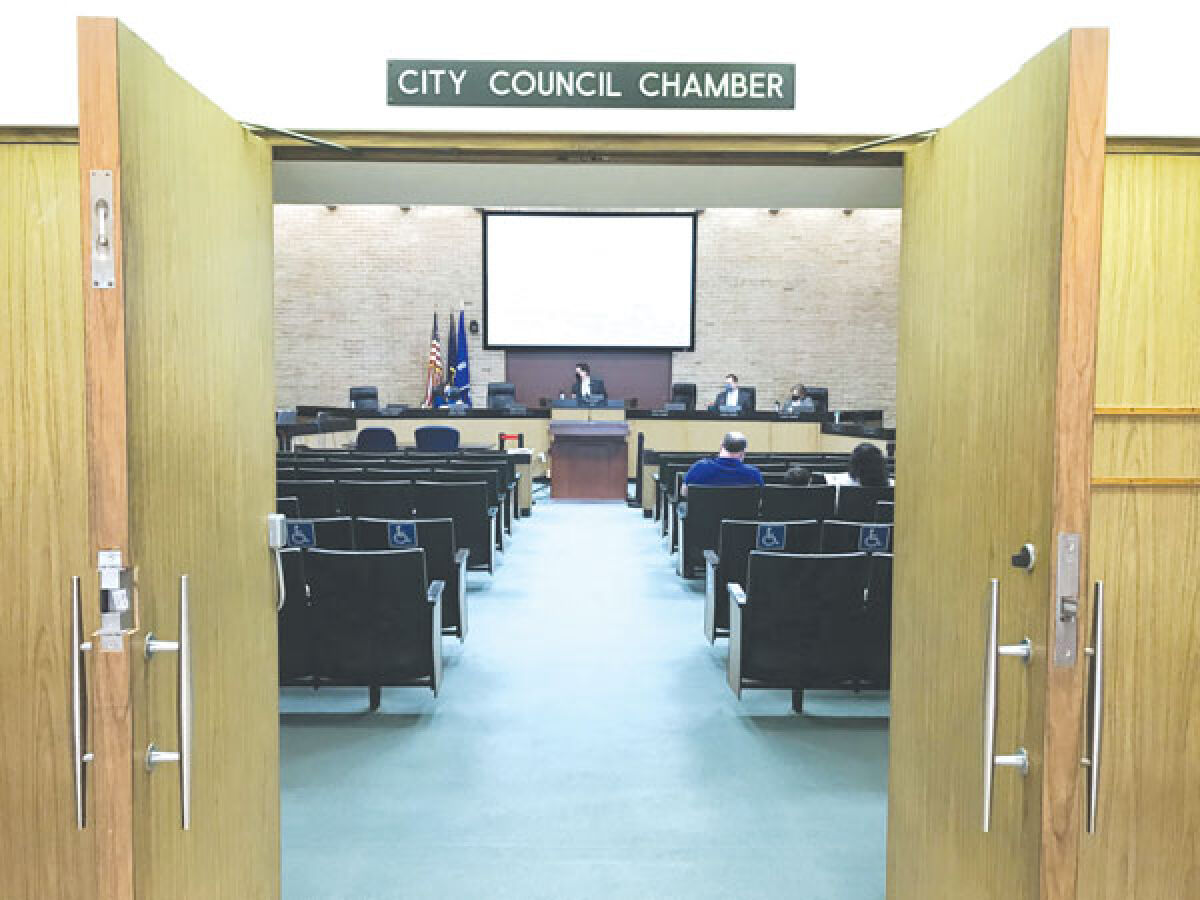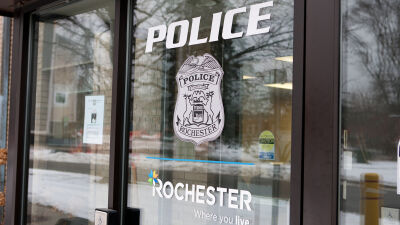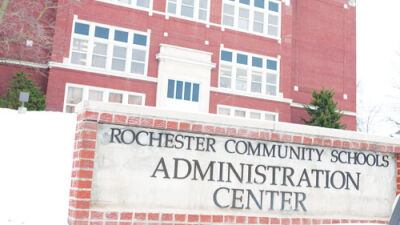TROY — The city of Troy will move forward with renovations to its City Council chambers after permission to use Community Development Block Grant funds to upgrade a local property to be an inclusive park were denied.
The inclusive park, with equipment designed for people of all physical abilities, was intended to be located at 450 Long Lake Road, between Rochester and Livernois roads. A portion of the CDBG funds Troy receives each year from the federal government — administered by the county — had been set aside for several years for the intended use of the park; $685,605 was set aside for the park during the course of three years.
However, an environmental impact study indicated that the park could not go on the site, based on the standards of the Federal Department of Housing and Urban Development, which administers the CDBG funds.
“The park isn’t going to happen there. The federal government won’t let us do it,” explained Troy Community Affairs Director Cindy Stewart. “There had to be an environmental study. It was determined that due to the proximity to I-75, there was too much noise and the land was contaminated from what was there before. It was an industrial building on that site formerly.”
Troy’s Department of Public Works Director, Kurt Bovensiep, clarified that the industrial contamination isn’t dangerous to the public, but it was prevalent enough to be a factor when the environmental study was performed.
“It was more about the noise from I-75,” he said. “The thresholds for soil contamination are based on if you are putting houses there. The contamination was big enough that it couldn’t be cheaply remediated, but it was low enough where we didn’t need to remediate it. There are (no chemicals) there that people need to be concerned about. If there was, we would address it.”
CDBG funds can only be used on certain types of projects or in certain low-to-medium income areas. Thus the city of Troy had to find a different project to use the funds on that qualified under HUD’s standards.
“We all decided the project couldn’t get the funding (for the park),” said Bovensiep. “To the best of my knowledge, this was the first time we applied for a project that we couldn’t get the funds for. … In an effort not to lose that money, we looked at other projects. (Americans with Disabilities Act) accessibility was a qualifying category. We recognized the council chambers had limited seating for wheelchairs and no accessibilities for those with hearing impairments.”
He said that while adding the inclusive equipment to an existing park in Troy would have been preferable, no other park was located in an area that qualified for CDBG funds.
“We asked if we could add barrier-free equipment to a different park, and that wouldn’t qualify,” said Bovensiep. “Because, despite being public parks, we couldn’t point to any park being an exclusive benefit to those who needed those adjustments. The parcel that we wanted to add barrier-free equipment to qualified for extra leeway because it was in a more low-to-moderate income area. It’s the only part of Troy the city owns that is labeled as such. No other park would fit in that category.”
The changes going into City Hall will be focused on the City Council chambers. While the building itself is ADA-compliant for the public, some areas, such as the council seats, are currently without adjustments.
“City Hall is not out of ADA compliance, so we’re not breaking the laws,” said Bovensiep. “There is a ramp into the building, there is an elevator, and so forth, so we are in compliance for attendees. However, there isn’t a ramp up to the council seats, for instance. So, if we had an elected official or board or commission member in a wheelchair, for instance, then we wouldn’t be compliant, and we want to make those adjustments.”
Stewart said the renovations also would make the council chamber a more flexible space, usable for other events and purposes.
“It won’t have stationary seating anymore,” she said. “We want to turn it more into a multipurpose room instead of just being able to be used for City Council meetings, or board and commission meetings. This way, it could be used for elections to house the (absentee voting) counting board instead of using the Community Center, or it could be used for training sessions.”
While Troy city officials are looking into alternate means of adding more inclusive equipment into Troy’s parks, for the time being they believe the alterations to City Hall will still be a beneficial step forward for the city and a good use of the CDBG funds.
“We had a public hearing at the (Dec. 4) City Council meeting to reprogram the money,” said Stewart. “It will now be for renovating and retrofitting the City Council chambers to be ADA-compliant. The chambers are very old and haven’t been renovated since they were put in.”
 Publication select ▼
Publication select ▼


























